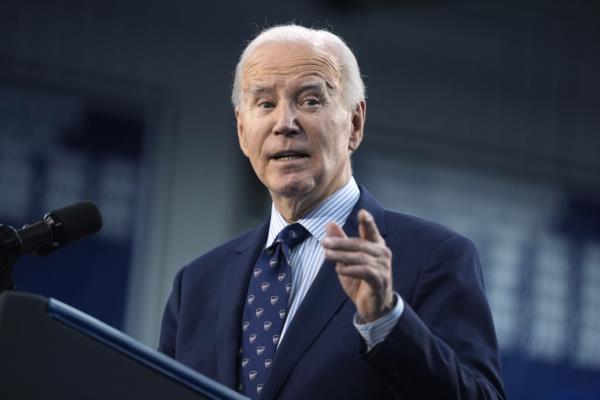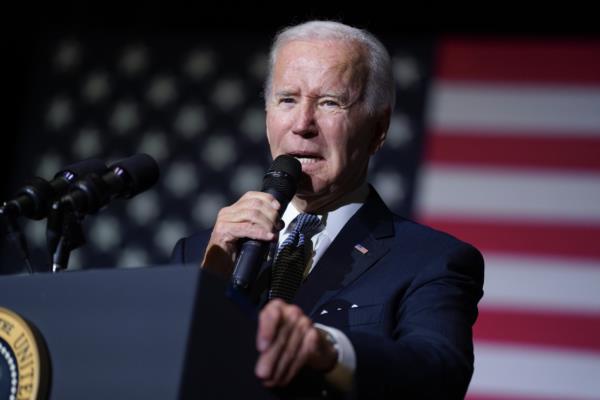
The Supreme Court has rejected a plea from the Biden administration to reinstate most of its multibillion-dollar student debt relief plan. The decision comes as a setback for the administration's efforts to address the growing student debt crisis in the country.
The administration had sought to extend a pandemic-related pause on federal student loan payments and interest accrual, which was set to expire at the end of January. However, the Supreme Court's refusal to intervene means that the relief measures will not be reinstated at this time.
The Biden administration's student debt plan aimed to provide relief to millions of borrowers struggling with student loan debt. The plan included provisions to cancel up to $10,000 in student loan debt per borrower and to extend the pause on federal student loan payments until May 1.



The administration argued that the ongoing economic challenges posed by the pandemic warranted the continuation of these relief measures. However, the Supreme Court's decision indicates that the administration's efforts to implement these measures have faced legal hurdles.
While the Supreme Court's ruling is a setback for the administration, it does not completely derail the administration's efforts to address student debt. The administration can still explore other avenues to provide relief to student loan borrowers, such as working with Congress to pass legislation or implementing other administrative actions.
Student loan debt remains a pressing issue for many Americans, with total student loan debt in the United States exceeding $1.7 trillion. The Biden administration has made addressing student debt a priority, and the Supreme Court's decision will likely prompt further discussions on how best to tackle this issue moving forward.







